Lisa5201/iStock.
This is a promising step toward reactivating previously inactive communication pathways between the retina and the brain by utilizing the plasticity of the teenage brain.


Finally, there’s the issue that black holes can destroy information. Once you have crossed the event horizon, it seems you’d need to move faster than light to get back out. But a non-local connection across the horizon would also get information out. Some physicists have even suggested that dark matter, a hypothetical type of matter that supposedly makes up 85% of matter in the universe, is really a misattribution. There may be only normal matter, it’s just that its gravitational attraction is multiplied and spread out because places are non-locally connected to each other.
A non-locally connected universe, hence, would make sense for many reasons. If these speculations are correct, the universe might be full with tiny portals that connect seemingly distant places. The physicists Fotini Markopoulou and Lee Smolin estimated that our universe could contain as much as 10,360 of such non-local connections. And since the connections are non-local anyway, it doesn’t matter that they expand with the universe. The human brain, for comparison, has a measly 1015connections.
Let me be clear that there is absolutely zero evidence that non-local connections exist, or that, if they existed, they’d indeed allow the universe to think. But we cannot rule this possibility out either. Crazy as it sounds, the idea that the universe is intelligent is compatible with all we know so far.
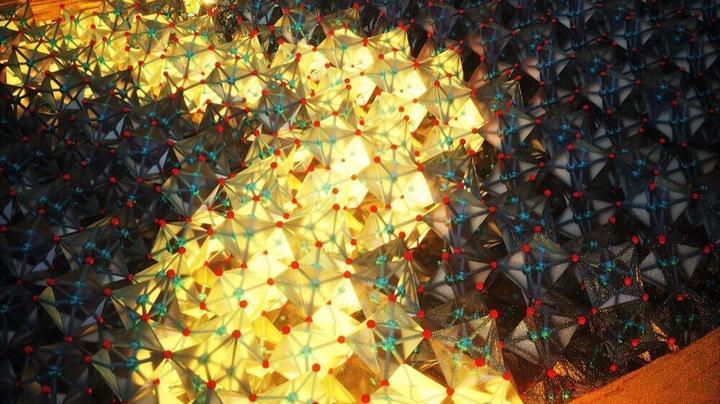
The Independent 2d.
The Independent’s journalism is supported by our readers. When you purchase through links on our site, we may earn commission. Discovery could enhance capacity, speed and ultimately lead to the miniaturisation of electronics Article bookmarked Find your bookmarks in your Independent Premium section, under my profile.
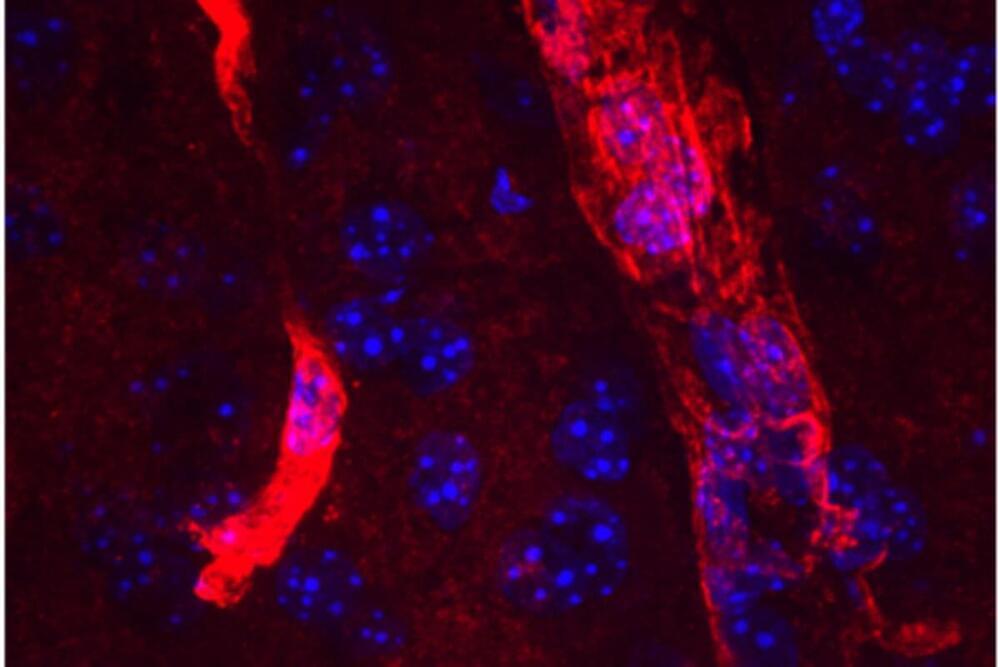
Researchers at Washington University School of Medicine in St. Louis have found a new druggable pathway that potentially could be used to help prevent Alzheimer’s dementia.
Amyloid beta accumulation in the brain is the first step in the development of Alzheimer’s dementia. Scientists have poured countless hours and millions of dollars into finding ways to clear amyloid away before cognitive symptoms arise, with largely disappointing results.
In this study, published Aug. 24 in the journal Brain, researchers found a way to increase clearance of waste products from the brains of mice by ramping up a genetic quirk known as readthrough. This same strategy also may be effective for other neurodegenerative diseases characterized by the buildup of toxic proteins, such as Parkinson’s disease, the researchers said.


A new study by theoretical physicists has made progress toward identifying how particles and cells give rise to large-scale dynamics that we experience as the passage of time.
A central feature of how we experience the world is the flow of time from the past to the future. But it is a mystery precisely how this phenomenon, known as the arrow of time, arises from the microscopic interactions among particles and cells. Researchers at the CUNY Graduate Center Initiative for the Theoretical Sciences (ITS) are helping to unravel this enigma with the publication of a new paper in the journal Physical Review Letters. The findings could have important implications in a wide range of disciplines, including physics, neuroscience, and biology.
Fundamentally, the arrow of time emerges from the second law of thermodynamics. This is the principle that microscopic arrangements of physical systems tend to increase in randomness, moving from order to disorder. The more disordered a system becomes, the more difficult it is for it to find its way back to an ordered state, and the stronger the arrow of time. In short, the universe’s propensity toward disorder is the fundamental reason why we experience time flowing in one direction.
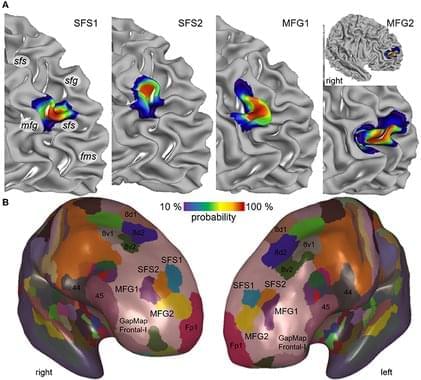
The human dorsolateral prefrontal cortex is involved in cognitive control including attention selection, working memory, decision making and planning of actions. Changes in this brain region are suspected to play a role in schizophrenia, obsessive-compulsive disorder, depression and bipolar disorder, making it an important research target. Researchers from Forschungszentrum Jülich and Heinrich-Heine University Düsseldorf now provide detailed, three-dimensional maps of four new areas of the brain region.
In order to identify the borders between brain areas, the researchers statistically analysed the distribution of cells (the cytoarchitecture) in 10 post mortem human brains. After reconstructing the mapped areas in 3D, the researchers superimposed the maps of the 10 different brains and generated probability maps that reflect how much the localization and size of each area varies among individuals.
High inter-subject variability has been a major challenge for prior attempts to map this brain region leading to considerable discrepancies in pre-existing maps and inconclusive information making it very difficult to understand the specific involvement of individual brain areas in the different cognitive functions. The new probabilistic maps account for the variability between individuals and can be directly superimposed with datasets from functional studies in order to directly correlate structure and function of the areas.
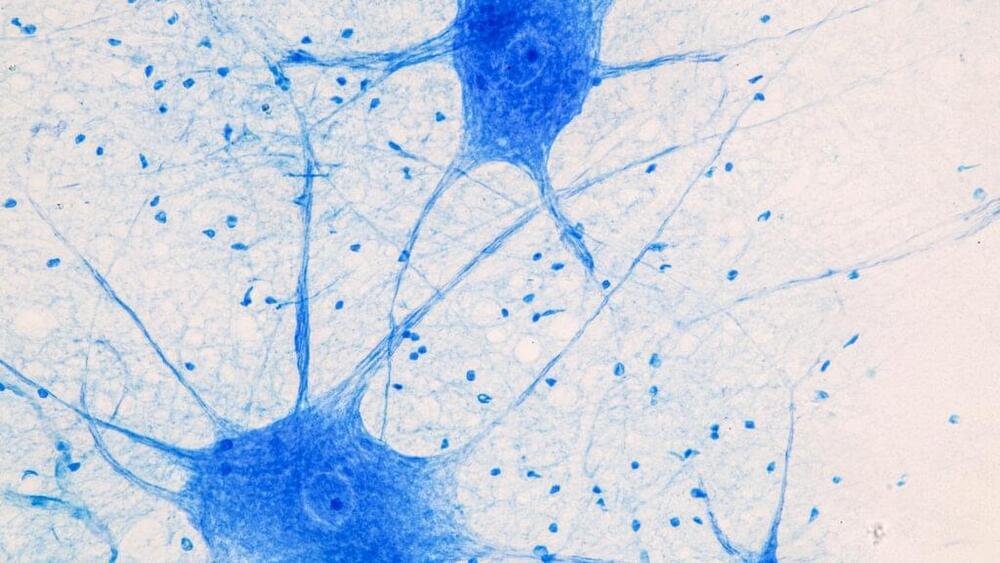
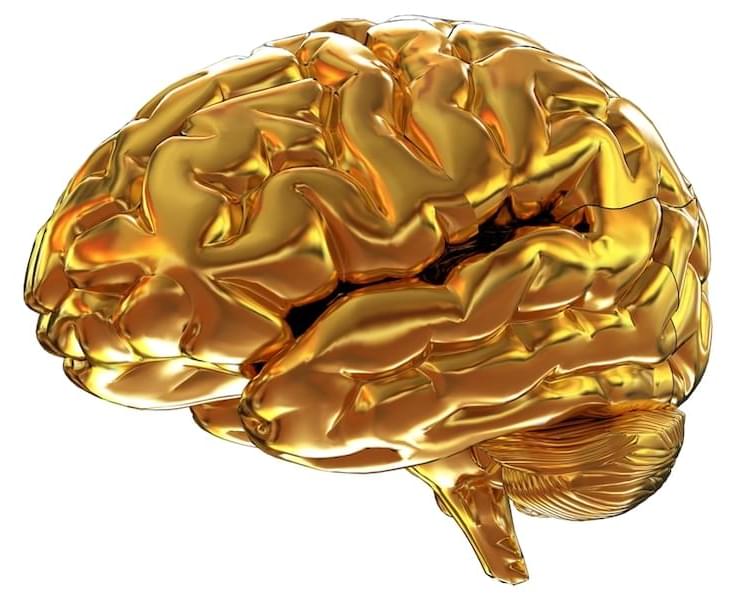
Diseases such as Alzheimer’s and epilepsy will be easier to detect.
A 3D microchip made by a Swiss company will allow scientists to study the complexity of 3D cellular networks. This 3D chip will help to observe complex structures such as the human brain, according to a report published by Labiotech.eu.
Understanding how organs form and how their cells behave is essential to finding the causes and treatment for developmental disorders, as well as understanding certain diseases, said 3Brain.
A microchip that allows scientists to study the complexity of 3D cellular networks at unrivaled scale and precision has been added to 3Brain AG’s brain-on-chip portfolio.
In collaboration with Swiss precision manufacturing experts, CSEM, 3Brain AG made the announcement today (August 22).
The cell-electronic interface technology will also allow scientists to gain novel mechanistic insights into the inner workings of the most complex structure in the universe, the human brain.
TABLE OF CONTENTS —————
0:00–15:11 : Introduction.
15:11–36:12 CHAPTER 1: POSTHUMANISM
a. Neurotechnology b. Neurophilosophy c. Teilhard de Chardin and the Noosphere.
TWITTER https://twitter.com/Transhumanian.
PATREON https://www.patreon.com/transhumania.
BITCOIN 14ZMLNppEdZCN4bu8FB1BwDaxbWteQKs8i.
BITCOIN CASH 1LhXJjN4FrfJh8LywR3dLG2uGXSaZjey9f.
ETHEREUM 0x1f89b261562C8D4C14aA01590EB42b2378572164
LITECOIN LdB94n8sTUXBto5ZKt82YhEsEmxomFGz3j.
CHAINLINK 0xDF560E12fF416eC2D4BAECC66E323C56af2f6666.
POSTHUMAN TECHNOLOGY
36:12–54:39 CHAPTER 2 : TELEPATHY/ MIND-READING
a. MRI
b. fMRI
c. EEG
d. Cognitive Liberty e. Dream-recording, Dream-economies f. Social Credit Systems g. Libertism VS Determinism.
1:02:07–1:25:48 : CHAPTER 3 : MEMORY/ MIND-AUGMENTING
a. Memory Erasure and Neuroplasticity b. Longterm Potentiation (LTP/LTD)
c. Propanolol d. Optogenetics e. Neuromodulation f. Memory-hacking g. Postmodern Dystopias h. Total Recall, the Matrix, and Eternal Sunshine of the Spotless Mind i. Custom reality and identity.
1:25:48–1:45:14 CHAPTER 4 : BCI/ MIND-UPGRADING